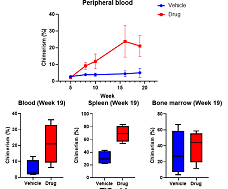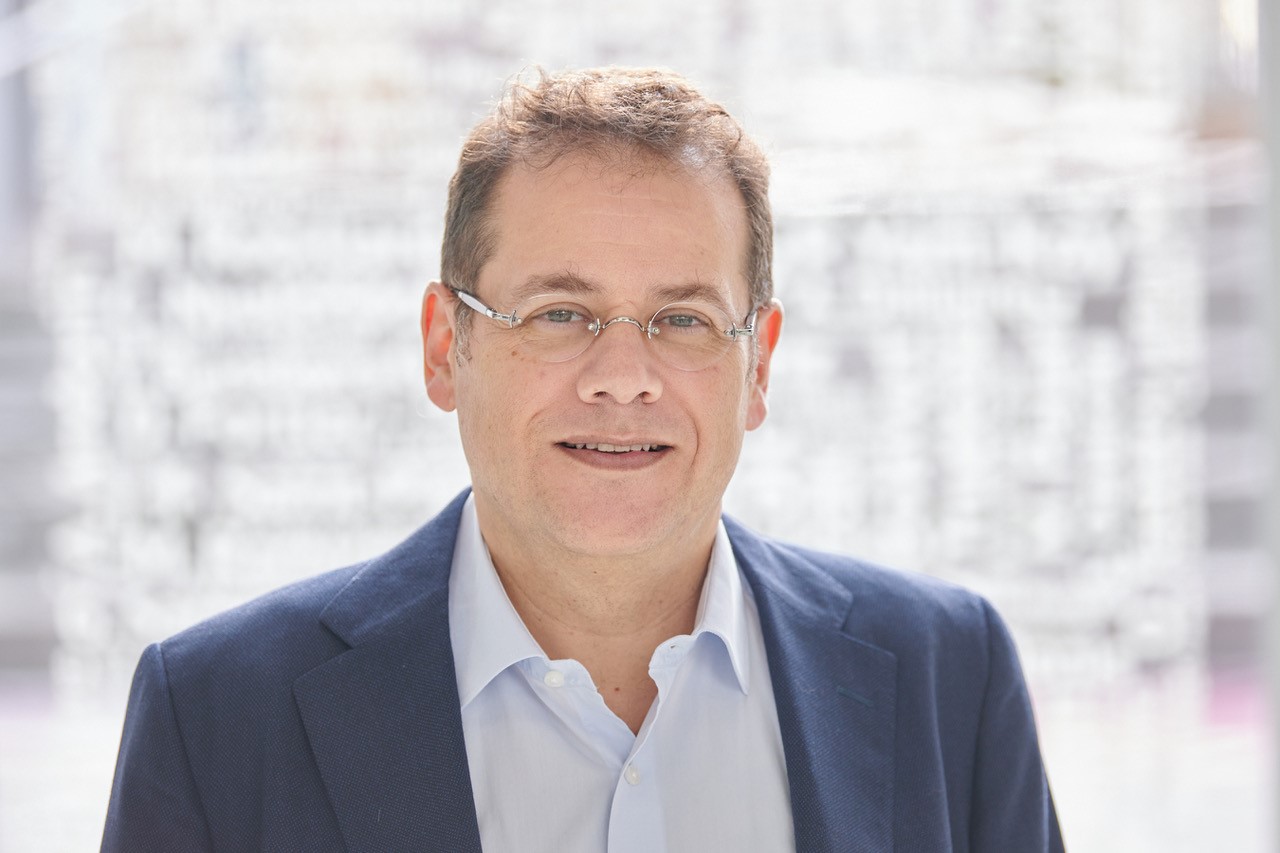UNMET NEED
hematopoietic stem cell (HSC) transplantation is currently the cornerstone for the treatment of cancer and a handful of hematologic diseases. The presence of sufficient short-term repopulating activity (stemming from progenitors and primitive HSC) is of paramount importance for the survival of the patient. This short-term repopulating activity is responsible for the rapid increase of polymorphonuclear and platelets which are crucial after transplantation.
In many diseases affecting blood cell lineages, the number of HSCs that can be obtained from a patient is very limited in number. Current ex vivo stem cell expansion methods are associated with the loss of short-term repopulating activity of cultured cells and the expansion of aberrant long-term repopulating cells with poor contribution to the peripheral immune reconstitution.



